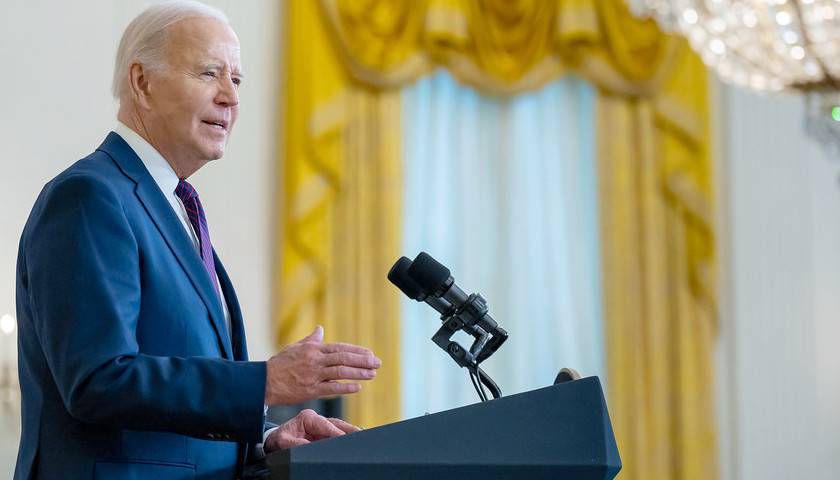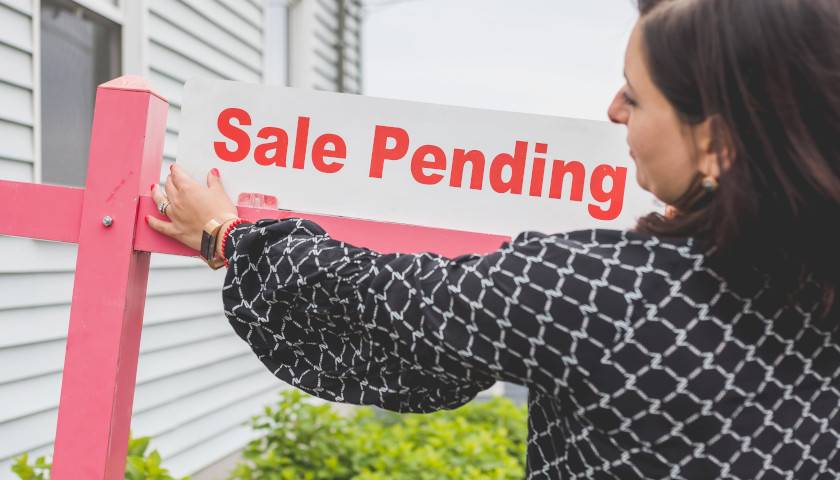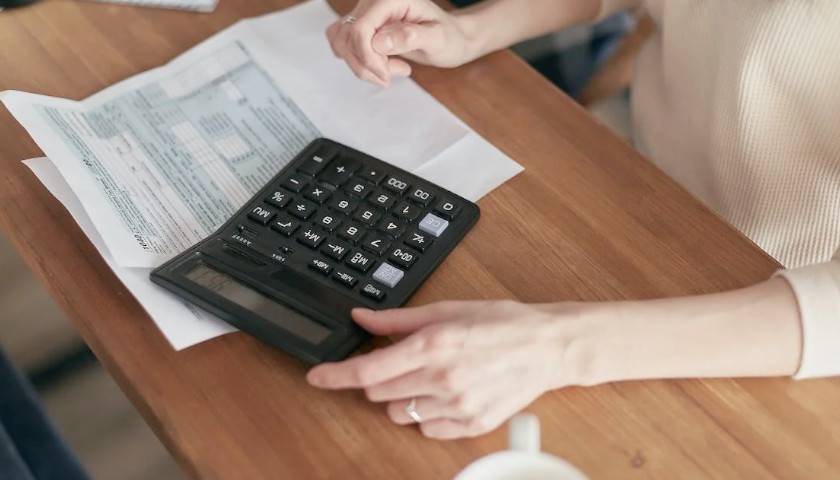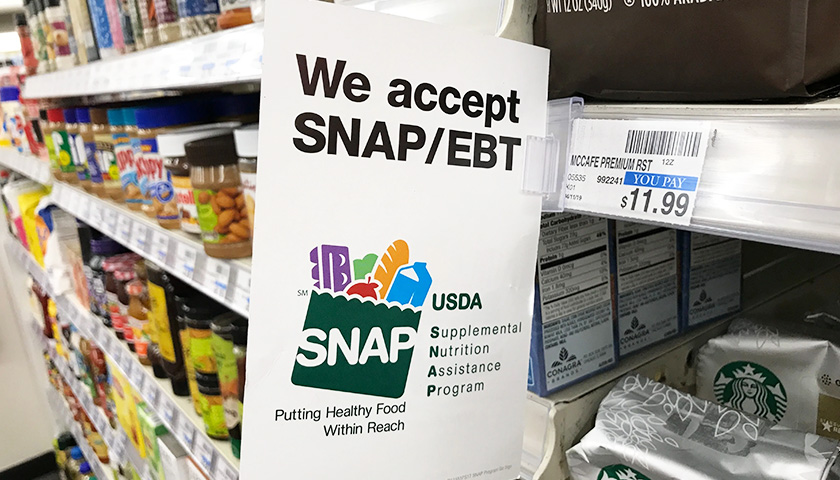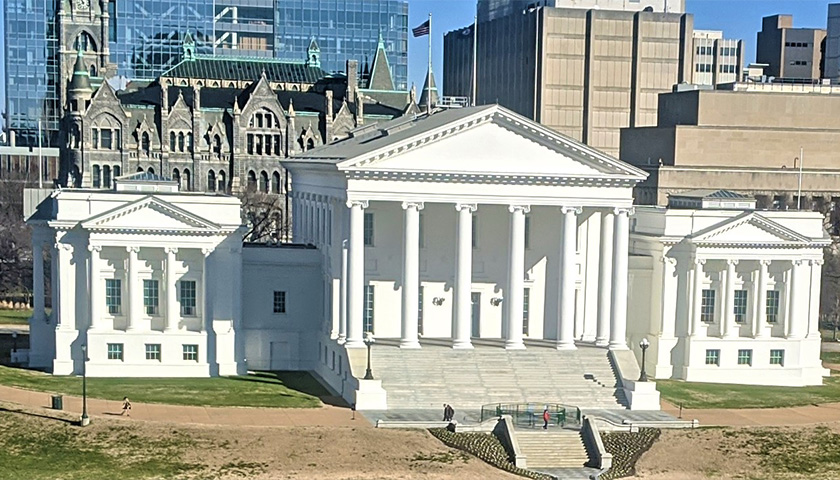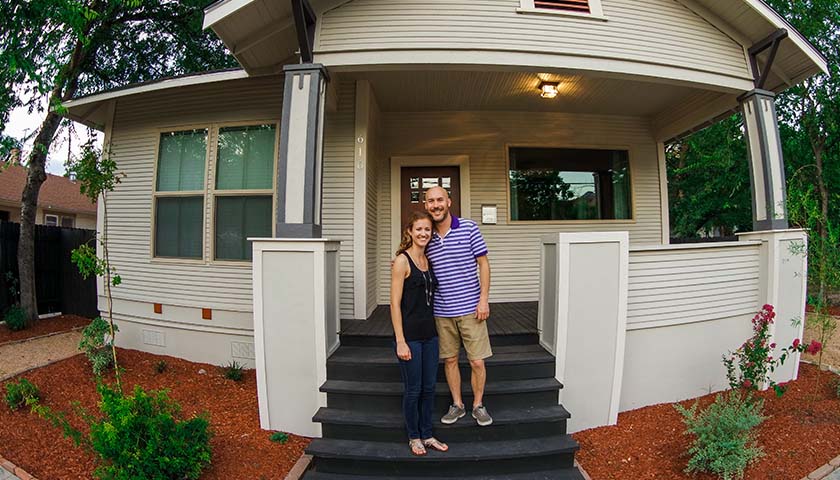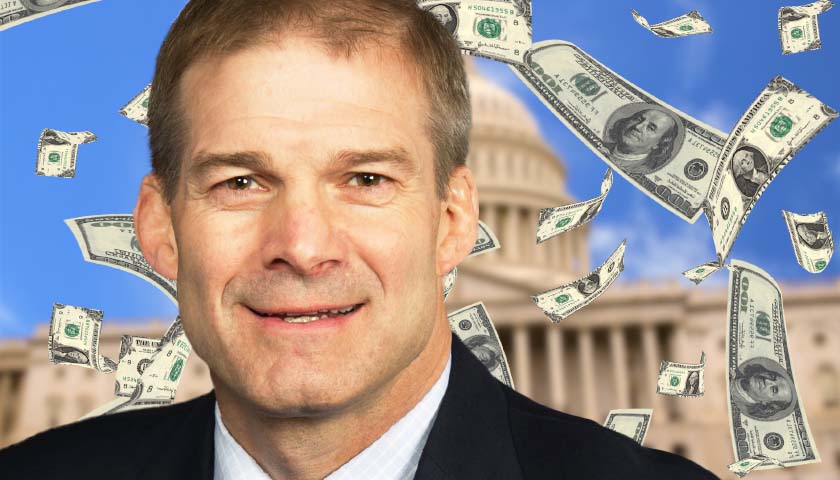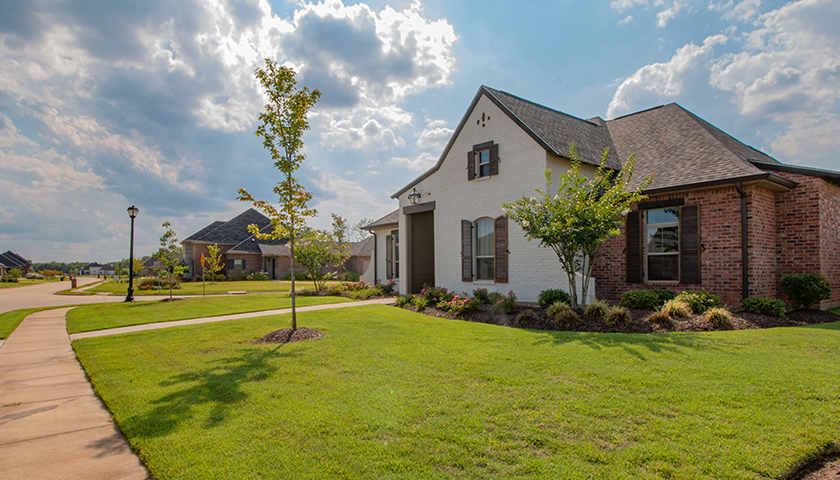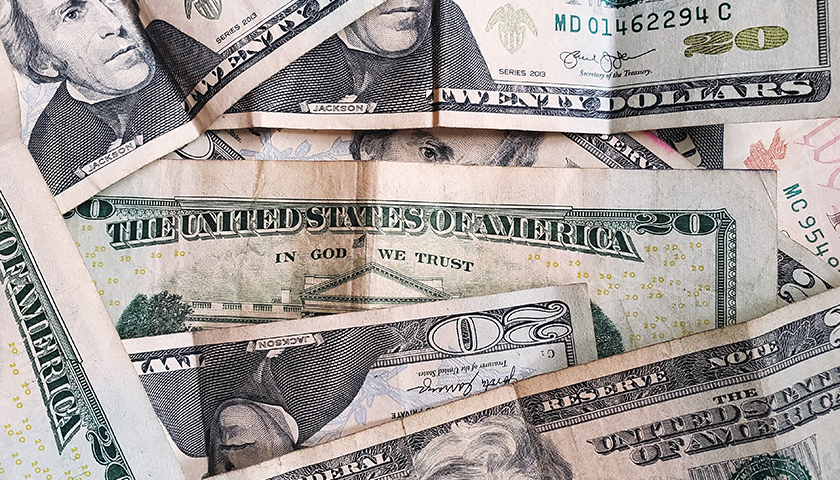We’ve paid much attention to President Biden’s flagging job approval here, in part because it tends to be a strong predictor of how an election will turn out. Biden is marching into this election season as likely the least popular president to face the voters since Herbert Hoover. While he may yet be saved by the fact that he is facing off against Donald Trump, who brings his own baggage to the table, it’s an ominous indicator.
At the same time, the economy is running hot. Growth is over 3%, unemployment is under 4%, and inflation has fallen from its peak. So why the seeming paradox of an unpopular president in a time of strong economic growth, especially when the strength of the economy is itself a traditional predictor of presidential job approval?
Read More
